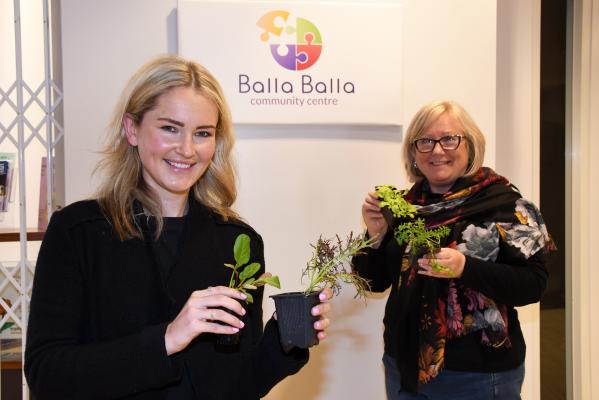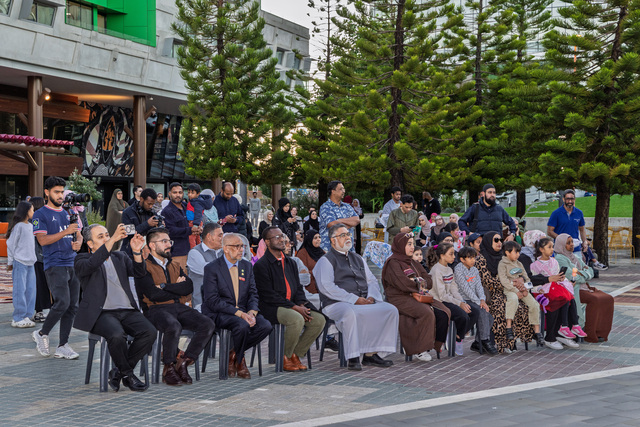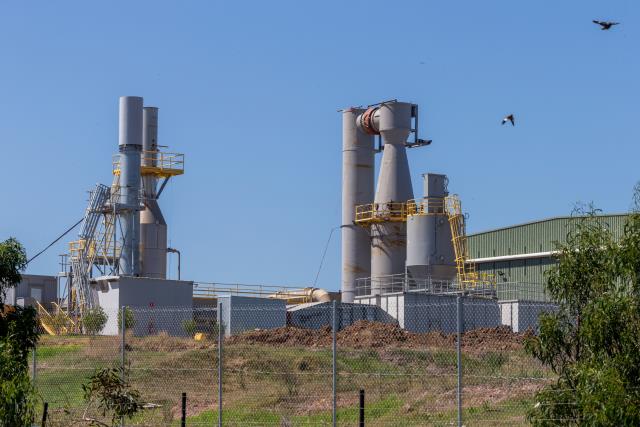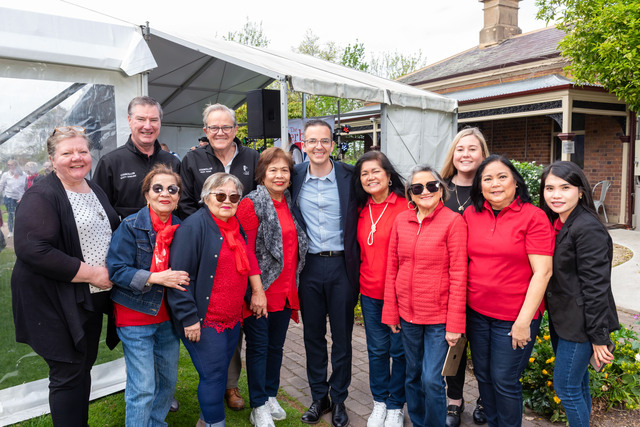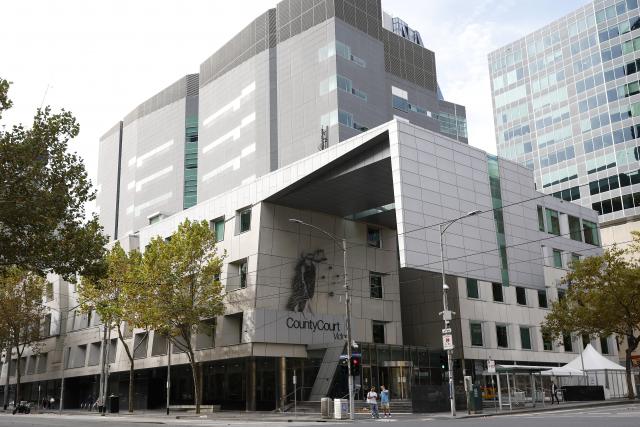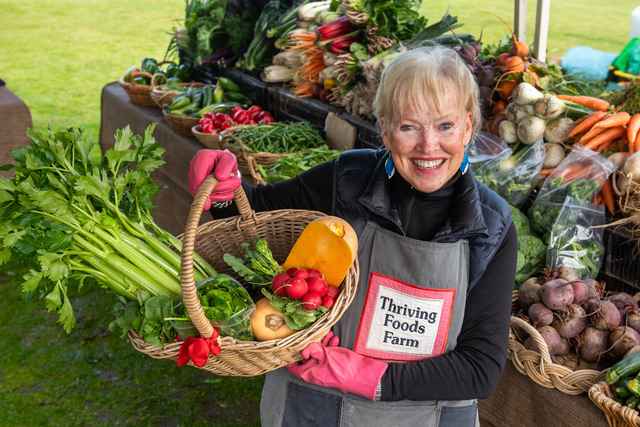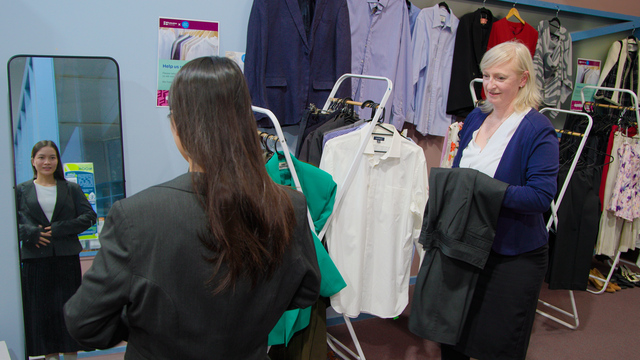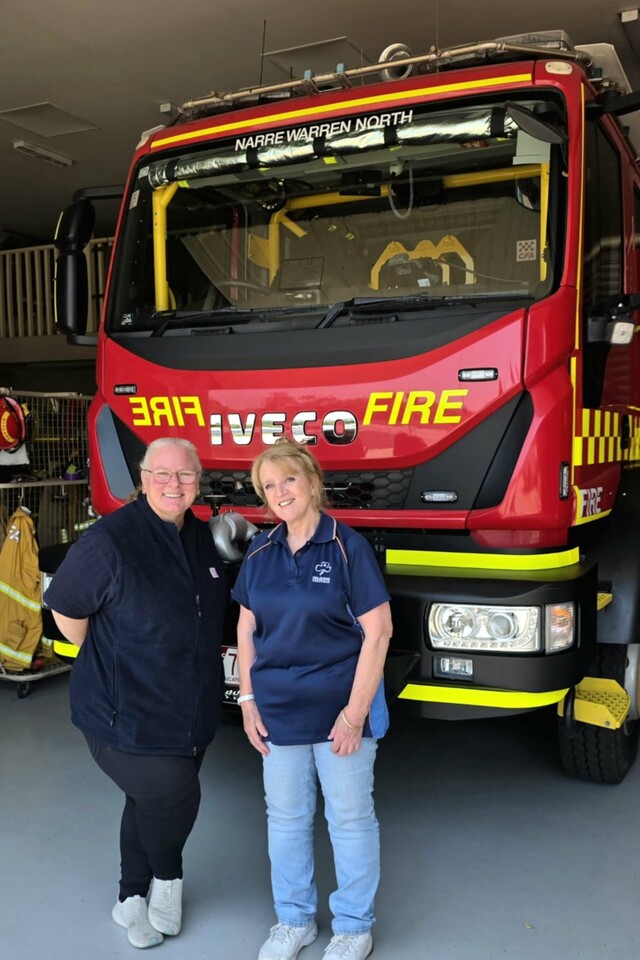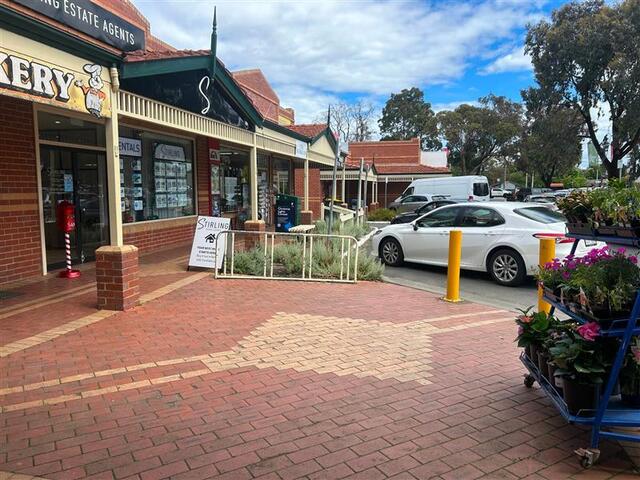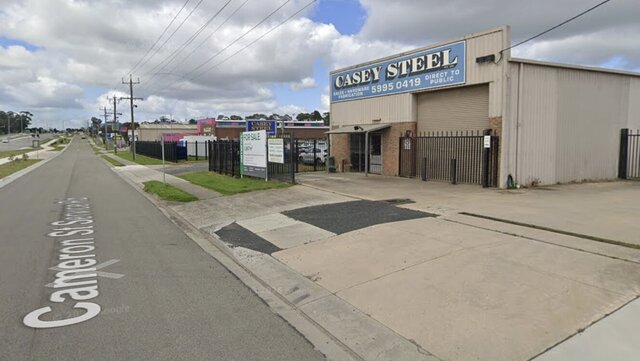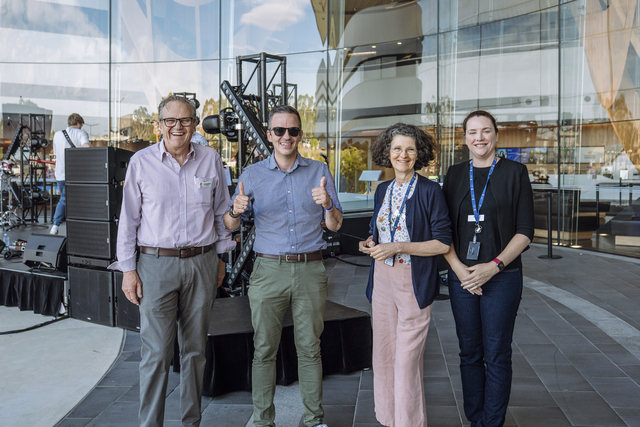An innovative project born out of lockdown is aiming to address food insecurity by giving people the skills to grow their own healthy produce at home.
Not-for-profit Enliven Victoria has created the project, called ‘Grow Together’, which will see Enliven distribute planter kits of comprising seedlings, potting mix, planter bags, fertiliser and resources to 700 families and young people experiencing hardship or food security in the City of Casey, Cardinia Shire and Greater Dandenong.
There will be a particular focus on people living in public housing, youth residential services, supported residential services and cravan parks.
The project will be delivered in partnership with the Victorian Department of Families, Fairness and Housing and nine neighbourhood houses: Balla Balla Community Centre, Oakgrove Community Centre, Berwick Neighbourhood Centre, Bunyip and District Community House, Upper Beaconsfield Community Centre, Doveton Neighbourhood Centre, Springvale Neighbourhood House, North Dandenong Neighbourhood House and Hampton Park Community House.
Approximately 350 kits will be delivered to community members around October across two days, with another 350 to follow in November.
Kate Lowsby, health promotion and wellbeing manager at Enliven, said the project came about after last year’s hard lockdown.
Partners at councils and food relief centres told Enliven that the pressure of food insecurity was increasing.
“We thought, there’s got to be another way or perspective of looking at this, something a little more empowering for those experiencing food insecurity,” Ms Lowsby explained.
A pilot was run in 2020, during which 200 planter kits were distributed through a network of five different community organisations who identified clients that would be interested in receiving a planter kit.
Ms Lowsby said the feedback from that project was positive, with families saying they had enjoyed participating and had been motivated to continue growing their own food thanks to the kit.
“The satisfaction was there and most people had success with growing food, so that was a really positive outcome,” she said.
This year, with the program backed by VicHealth funding, nine neighbourhood houses put up their hands to be involved.
“During Covid we saw the essential and significant role of community houses in supporting the community during Covid and the recovery,” Ms Lowsby said.
“The idea behind engaging neighbourhood houses is not only are they able to provide participants with access to health programs, it offers them an opportunity to engage new community members.
“When they receive a planter kit, they also get the option to sign up for information about their local neighbourhood house.”
The kits complete with written growing guides translated into six different languages as well as a video on how to set up the kit.
The booklet contains information about growing food, food waste, healthy eating, preservation and storage of food, to help build growers’ food literacy.
It’s hoped the program will have longer-term outcomes beyond the life of the project, breaking down financial and knowledge barriers to growing and encouraging residents to connect with their local neighbourhood house or community garden for social interaction after Covid restrictions ease.

